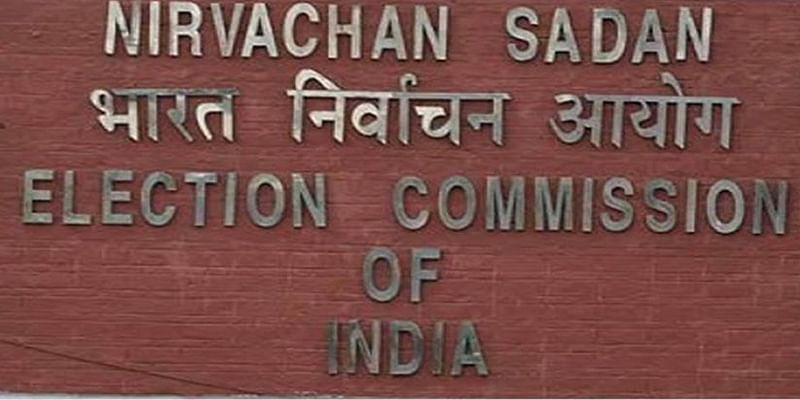Patna: Over 65 lakh enumeration forms were “not included” in the draft electoral rolls prepared as part of special intensive revision (SIR) by the Election Commission in Bihar, where assembly polls are due later this year, bringing down the total number of registered voters to 7.24 crore from around 7.9 crore.
Patna accounted for the highest number of 3.95 lakh enumeration forms that were not included, followed by Madhubani (3.52 lakh), East Champaran (3.16 lakh), Gopalganj (3.10 lakh), Samastipur (2.83 lakh), Muzaffarpur (2.82 lakh), Purnia (2.739 lakh), Saran (2.732 lakh), Sitamarhi (2.44 lakh), Katihar (1.84 lakh) and Kishanganj (1.45 lakh) according to the EC.
In Sheikhpura district, only 26,256 enumeration forms were not included in the draft roll, while the number was 28,166 in Sheohar, 30,180 in Arwal, 74,916 in Munger and 79,551 in Khagaria.
Before the start of the SIR, the number of registered voters in the state had been stated to be 7,89,69,844. However, the EC claimed that 22,34,501 people, registered in the electoral rolls, were found to be dead during the exercise.
Another 36.28 lakh have “permanently shifted” out of the state or were “not found” at their stated addresses, and another 7.01 lakh have been found enrolled at “more than one place”.
The draft electoral rolls have been made available online and in all 38 districts of the state and representatives of political parties were being provided with printouts of these for the “claims and objections” phase, which will continue till September 1, and the final voter list will be published thereafter.
“Booth-wise draft lists of all the 90,712 polling booths of all 243 assembly constituencies have been shared with all the political parties by 38 district electoral officers (DEOs) of Bihar, today on August 1,” the EC said in a statement.
The EC further stated, “In their endeavour to reach each village, each ward, each house and add the name of each eligible elector to the draft Electoral Roll, the CEO of Bihar, DEOs of all 38 districts, electoral registration officers (EROs) of all 243 assembly constituencies, 2,976 AEROs, booth-level officers (BLOs) of 90,712 polling booths, lakhs of volunteers and the 1.60 booth-level agents (BLAs) nominated by all the 12 major political parties have carried out the task with full responsibility.”
In the state capital, Opposition parties such as Congress and the RJD that have been alleging that the exercise was aimed at “helping the ruling NDA in the assembly elections”, voiced their dissatisfaction with the details shared in the draft electoral rolls.
Senior Congress leader Brajesh Prasad Munan met the Chief Electoral Officer (CEO) of Bihar and handed over a memorandum in which a number of queries were raised, including the demand for figures on “how many enumeration forms were accepted without any requisite documents or photographs” and the number of new voters added during SIR.
The Congress memorandum also sought to know “how many electors, across the state, were identified as illegal immigrants from other countries and whether their names have been struck off the voters’ list”.
The party also sought to know how many forms were “rejected” by BLOs because of technical reasons.
Likewise, RJD’s state unit spokesperson Chitranjan Gagan also submitted a memorandum to the CEO demanding that the “electoral rolls be provided assembly segment wise in a pen-drive”.
The RJD memorandum also sought to know which documents were collected from respective family members before concluding that a voter had died.
Notably, the BJP, which rules the Centre and shares power in Bihar, has been claiming that a significant number of Bangladesh nationals and Rohingyas have been living in the state, especially the Seemanchal region bordering Nepal and West Bengal.
Senior BJP leaders have been alleging that many such foreign nationals had been wrongfully enrolled as voters and the INDIA bloc was resisting their deletion because of “vote-bank” compulsions.
The publication of the draft rolls kicked off the process of “claims and objections”.
Till September 1, voters with complaints of wrongful deletion of names can approach the authorities concerned, seeking a remedy.
In the first stage of SIR, voters were provided with “enumeration forms”, either by BLOs, or BLAs nominated by political parties, which they were to return after putting their signatures and appending documents acceptable as proof of identity.
PTI
